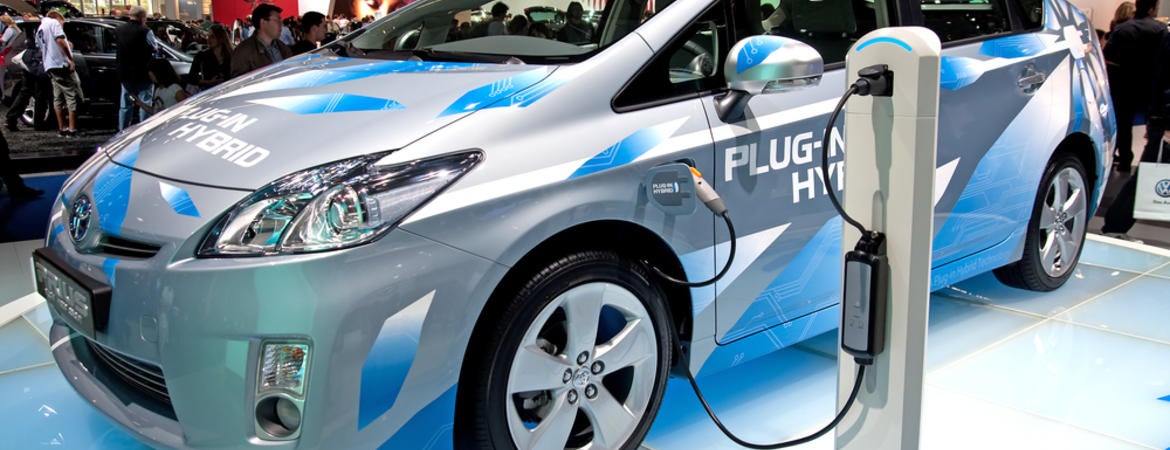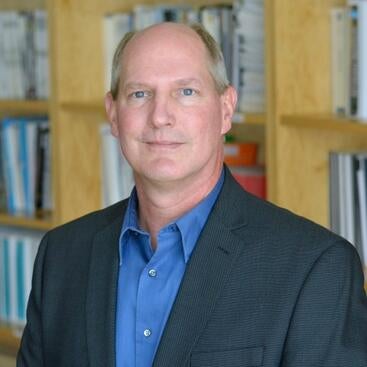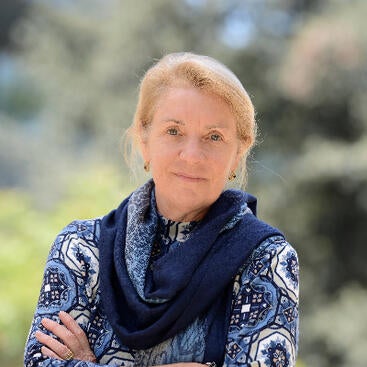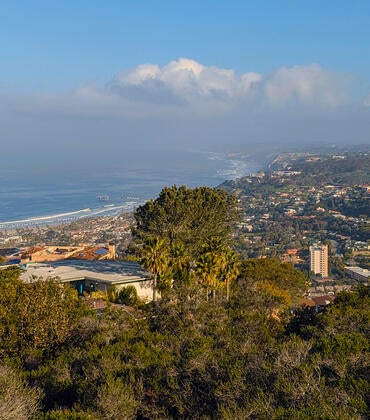
The University of California, Riverside, has received a $3 million grant from the National Science Foundation to train STEM graduate students to conduct research focused on sustainable transportation, with the aim to speed up the transition to low-carbon fuels, such as electricity and hydrogen.
Led by Matthew J. Barth, the associate dean of research at the Marlan and Rosemary Bourns College of Engineering and former director of the College of Engineering – Center for Environmental Technology and Research, the project aims to decarbonize transportation and other sectors by integrating engineering, social and environmental sciences with public policy.
Crucially, the five-year project will use a novel science-to-policy training program to teach about 80 doctoral students to engage stakeholder groups, understand and incorporate their needs into research programs, and effectively communicate the science. The students will intern in legislative offices, government agencies, non-profits, and industry for hands-on career preparation.
“Such engagement with the public and policymakers is essential to address climate change, since people and industries must quickly embrace renewable energy sources and sustainably powered vehicles and technologies,” said Barth, the grant’s principal investigator. “We face a climate crisis, and we need to change how we use energy in our lives, including our transportation sector. Our students need to learn not only the technical background on how to accomplish this, but also how to translate what they’ve learned into policy in order to bring about desirable changes in society.”
UCR SPEAKS
Susan Hackwood, the grant’s co-principal investigator, said the multidisciplinary training program, called “Science Policy Education: Activating Knowledge for Sustainable Transportation,” or SPEAKS, is UCR’s first step in transforming STEM graduate education to better prepare students for any career and translate societally beneficial research into public policy.
“SPEAKS brings together faculty experts from engineering, the sciences, humanities, the social sciences, and public policy to create a dynamic training method,” said Hackwood, a professor of the graduate division and director of UCR’s Science to Policy program. “Our students will get trained in understanding the needs of society, including justice and equity challenges, and engage with stakeholders.”
The primary goal of SPEAKS is to prepare scientists for policy work. Through the program, students will apply their needs-based research and scientific knowledge to inform policymaking for societal benefit. They will get trained in communication to non-scientists; proposing policy and implementation; user and stakeholder-based research; integrated ethics; empowering diversity, equity, and inclusion; and career readiness.
“We want our students to excel in any career, from industrial and academic research to science advising and non-profit work,” Hackwood said. “This program is an extraordinary UCR collaboration that builds a truly unique opportunity for us all. Students who work with SPEAKS will be our leaders of tomorrow. I am so glad the world will be in their hands because they genuinely care about creating a fair and just technologically based society.”
Let’s get technical
To transition to a carbon-neutral future, greenhouse gas emissions need to be reduced, air quality issues must be addressed, and environmental justice and equity goals must be met. One approach to accomplish this is to integrate renewable energy sources into the electric grid, such as solar and wind power.
“Accelerating the decarbonization of the transportation sector while continuing to integrate renewables into the electric grid is critical to addressing climate change,” said Barth, who is also the Yeager Families Professor of Engineering. “This project focuses on integrating renewable energy with the transportation infrastructure through both the electric grid and the use of renewable hydrogen, coupled together with microgrids.”
Barth explained that a microgrid integrates renewable energy generation, energy storage, and intelligent operation to provide a resilient and low carbon energy system for a building, set of buildings, or a campus. Unique to the project, he said, is that renewable hydrogen will be added as an energy source and storage mechanism as part of a microgrid.
He noted that SPEAKS trainees will investigate renewable hydrogen as a fuel and energy storage medium; understand policies around sustainability, air pollution, and renewable energy; and learn to communicate the science to all audiences. They also will develop best practices for human interaction with renewable energy technology.
“A full transition to zero-emission vehicles requires upgrading the electric grid, developing new technologies for long-term energy storage, and working with policymakers, the general public, and other stakeholders,” Barth said. “Our trainees will conduct their dissertation research with this in mind.”
Multiple players
The project’s other co-principal investigators are Hamed Mohsenian-Rad, a professor of electrical and computer engineering and a Bourns Family Faculty Fellow; Kevin Esterling, a professor of political science and public policy; and Jan Stets, a distinguished professor of sociology.
“It’s worth repeating that the climate crisis we face is critical,” Barth said. “This crisis is not just an engineering problem but also requires science, human behavior, education, and public policy expertise. Fortunately, UCR already has pockets of this expertise. This grant has brought us all together to make a tangible difference in our students’ education.”





